Related Research Articles
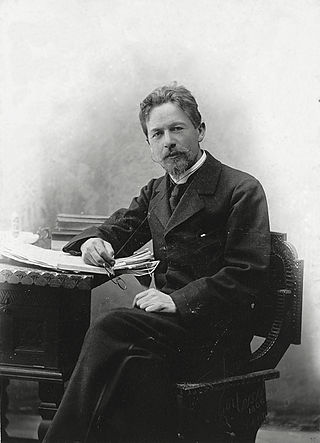
Anton Pavlovich Chekhov was a Russian playwright and short-story writer. His career as a playwright produced four classics, and his best short stories are held in high esteem by writers and critics. Along with Henrik Ibsen and August Strindberg, Chekhov is often referred to as one of the three seminal figures in the birth of early modernism in the theatre. Chekhov was a physician by profession. "Medicine is my lawful wife," he once said, "and literature is my mistress."

William Seward Burroughs II was an American writer and visual artist. He is widely considered a primary figure of the Beat Generation and a major postmodern author who influenced popular culture and literature. Burroughs wrote eighteen novels and novellas, six collections of short stories and four collections of essays, and five books have been published of his interviews and correspondences; he was initially briefly known by the pen name William Lee. He also collaborated on projects and recordings with numerous performers and musicians, made many appearances in films, and created and exhibited thousands of visual artworks, including his celebrated "shotgun art".

William Cuthbert Faulkner was an American writer, whose novels and short stories were set in the fictional Yoknapatawpha County, based on Lafayette County, Mississippi, where Faulkner spent most of his life. A Nobel laureate, Faulkner is one of the most celebrated writers of American literature and often is considered the greatest writer of Southern literature.
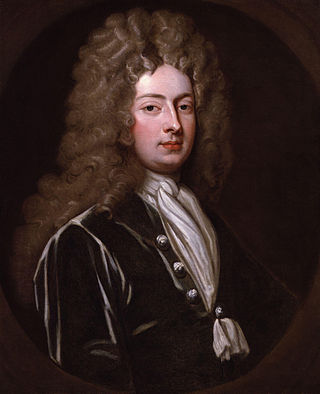
William Congreve was an English playwright, poet and Whig politician. His works, which form an important component of Restoration literature, were known for their use of satire and the comedy of manners genre. Notable plays he wrote include The Old Bachelor (1693), The Double Dealer (1694), Love for Love (1695), The Mourning Bride (1697) and The Way of the World (1700). He died in London, and was buried at the Poets' Corner in Westminster Abbey.

John Dryden was an English poet, literary critic, translator, and playwright who in 1668 was appointed England's first Poet Laureate.

Terry Paxton Bradshaw is an American former professional football quarterback who played in the National Football League (NFL) for 14 seasons with the Pittsburgh Steelers. Since 1994, he has been a television sports analyst and co-host of Fox NFL Sunday. Bradshaw is also an actor and recording artist, having participated in several television shows and films, most notably co-starring in the movie Failure to Launch, and releasing several country music albums. He won four Super Bowl titles in a six-year period, becoming the first quarterback to win three and four Super Bowls, and led the Steelers to eight AFC Central championships. He was inducted into the Pro Football Hall of Fame in 1989, his first year of eligibility. Bradshaw was inducted into the College Football Hall of Fame in 1996.
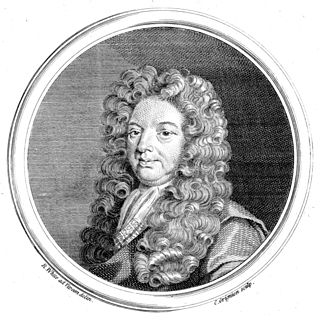
John Blow was an English composer and organist of the Baroque period. Appointed organist of Westminster Abbey in late 1668, his pupils included William Croft, Jeremiah Clarke and Henry Purcell. In 1685 he was named a private musician to James II. His only stage composition, Venus and Adonis, is thought to have influenced Henry Purcell's later opera Dido and Aeneas. In 1687, he became choirmaster at St Paul's Cathedral, where many of his pieces were performed. In 1699 he was appointed to the newly created post of Composer to the Chapel Royal.
John Eccles was an English composer.

John Henry O'Hara was an American writer. He was one of America's most prolific writers of short stories, credited with helping to invent The New Yorker magazine short story style. He became a best-selling novelist before the age of 30 with Appointment in Samarra and BUtterfield 8. While O'Hara's legacy as a writer is debated, his work was praised by such contemporaries as Ernest Hemingway and F. Scott Fitzgerald, and his champions rank him highly among the major under-appreciated American writers of the 20th century. Few college students educated after O'Hara's death in 1970 have discovered him, chiefly because he refused to allow his work to be reprinted in anthologies used to teach literature at the college level.

Charles Lamb was an English essayist, poet, and antiquarian, best known for his Essays of Elia and for the children's book Tales from Shakespeare, co-authored with his sister, Mary Lamb (1764–1847).
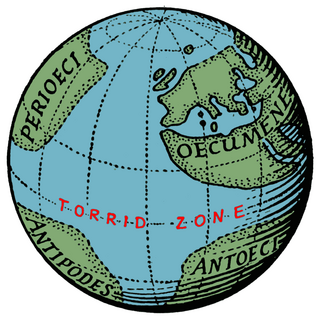
Crates of Mallus was a Greek grammarian and Stoic philosopher, leader of the literary school and head of the library of Pergamum. He was described as the Crates from Mallus to distinguish him from other philosophers by the same name. His chief work was a critical and exegetical commentary on Homer. He is also famous for constructing the earliest known globe of the Earth.
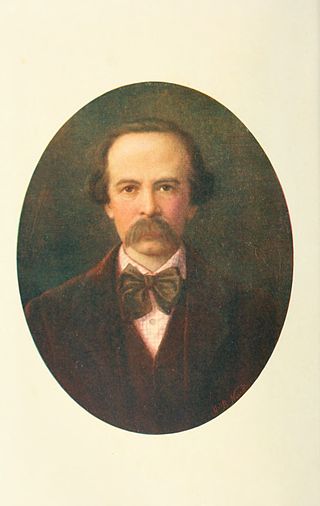
Theodore Watts-Dunton, from St Ives, Huntingdonshire, was an English poetry critic with major periodicals, and himself a poet. He is remembered particularly as the friend and minder of Algernon Charles Swinburne, whom he rescued from alcoholism and drug use and persuaded to continue writing.

Odd Man Out is a 1947 British film noir directed by Carol Reed, and starring James Mason, Robert Newton, Cyril Cusack, and Kathleen Ryan. Set in Belfast, Northern Ireland, it follows a wounded Nationalist leader who attempts to evade police in the aftermath of a robbery. It is based on the 1945 novel of the same name by F. L. Green.

Thunchaththu Ramanujan Ezhuthachan was a Malayalam devotional poet, translator and linguist. He was one of the prāchīna kavithrayam of Malayalam literature, the other two being Kunchan Nambiar and Cherusseri. He has been called the "Father of Modern Malayalam Literature", and the "Primal Poet in Malayalam". He was one of the pioneers of a major shift in Kerala's literary culture. His work is published and read far more than that of any of his contemporaries or predecessors in Kerala.
The Lake Poets were a group of English poets who all lived in the Lake District of England, United Kingdom, in the first half of the nineteenth century. As a group, they followed no single "school" of thought or literary practice then known. They were named, only to be uniformly disparaged, by the Edinburgh Review. They are considered part of the Romantic Movement.
John Dunton was an English bookseller and writer. In 1691 he founded The Athenian Society to publish The Athenian Mercury, the first major popular periodical and first miscellaneous periodical in England. In 1693, for four weeks, the Athenian Society also published The Ladies' Mercury, the first periodical published that was specifically designed just for women.
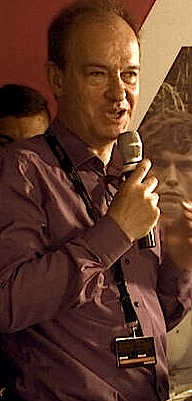
Peter Nicholas Bradshaw is a British writer and film critic. He has been chief film critic at The Guardian since 1999, and is a contributing editor at Esquire.
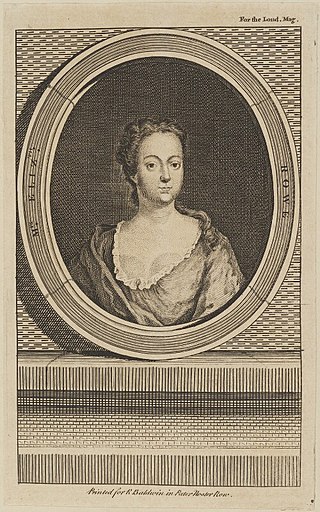
Elizabeth Singer Rowe was an English poet, essayist and fiction writer called "the ornament of her sex and age" and the "Heavenly Singer". She was among 18th-century England's most widely read authors. She wrote mainly religious poetry, but her best-known work, Friendship in Death (1728), is a Jansenist miscellany of imaginary letters from the dead to the living. Despite a posthumous reputation as a pious, bereaved recluse, Rowe corresponded widely and was involved in local concerns at Frome in her native Somerset. She remained popular into the 19th century on both sides of the Atlantic and in translation. Though little read today, scholars have called her stylistically and thematically radical for her time.
Richard Sault was an English mathematician, editor and translator, one of The Athenian Society. On the strength of his Second Spira he is also now credited as a Christian Cartesian philosopher.

Algernon Charles Swinburne was an English poet, playwright, novelist and critic. He wrote many plays - all tragedies - and collections of poetry such as Poems and Ballads, and contributed to the Eleventh Edition of the Encyclopædia Britannica.
References
- ↑ Gent. Mag. lvi. pt. i. p. 33; Nichols, Literary Anecdotes, i. 413; D'Israeli, Curiosities of Literature, 5th ed. ii. 134
![]() This article incorporates text from a publication now in the public domain : "Bradshaw, William (fl.1700)". Dictionary of National Biography . London: Smith, Elder & Co. 1885–1900.
This article incorporates text from a publication now in the public domain : "Bradshaw, William (fl.1700)". Dictionary of National Biography . London: Smith, Elder & Co. 1885–1900.